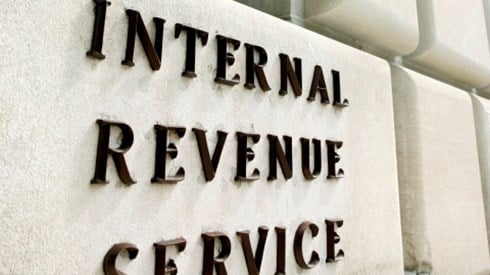IRS Settlement Offers Accepted by Majority of Micro-Captive Owners

February 03, 2020

The Internal Revenue Service (IRS) announced last week that around 80 percent of so-called 831(b) micro-captive owners who received settlement offers have accepted them. The agency previously mailed offers to about 200 micro-captive owners under audit that participated in what the IRS calls "abusive" insurance transactions.
Under Section 831(b) of the Internal Revenue Code, certain small captive insurers can choose to pay federal taxes only on investment income, not their underwriting income.
However, in what the IRS described as abusive micro-captives, "promoters, accountants, or wealth planners persuade owners of closely held entities to participate in schemes that lack many of the attributes of genuine insurance," the IRS said in a news release from last September announcing the settlement.
While the IRS said it will continue to disapprove tax benefits in abusive transactions and, when necessary, go to court to defend its position, the agency decided to settle certain cases.
According to IRS Commissioner Chuck Rettig, "Taxpayers who elected to accept the IRS' terms have done the right thing by coming into compliance with their federal tax obligations and putting this behind them. Putting an end to abusive schemes is a high priority for the IRS."
The IRS also announced that it will establish 12 new examination teams to open audits related to thousands of taxpayers in coming months.
Jeremy Colombik, president of Raleigh-based captive management firm Management Services International, said, "This announcement was expected and it is not surprising that 80 percent of captive owners that received IRS settlement offers accepted them. More likely than not, the IRS would have won these cases in court."
He added, "IRS resources that would have been required for fighting the settlement offer cases have now been freed up to allow for the formation of the 12 new IRS audit teams. However, the IRS will soon realize the majority of captive insurance companies are not abusive and in fact, are valuable risk management solutions for businesses."
According to David Slenn, a partner in the Tampa, Florida, office of Shumaker, Loop & Kendrick, LLP, "The IRS is letting taxpayers know that it knows there are more non-compliant taxpayers out there, and that the IRS will pursue what the IRS views as tax abuse in an aggressive fashion with 12 new exam teams composed of employees from both SBSE [Small Business/Self-Employed] and LB&I [Large Business and International]."
Mr. Slenn continued, "The IRS is also letting non-compliant taxpayers know in advance it will intend to wear them down, utilizing all enforcement tools available, including summonses, as well as being armed with three tax court cases. The outcome from the engagement could also be severe, where in addition to denial of captive deduction, the IRS will seek income tax from the captive and impose all applicable penalties. This will no doubt include the 40 percent penalty for non-disclosure of non-economic substance transaction."
"While the IRS did have success with its recent settlement program, it is likely that the majority of these were cases with weaker fact patterns. If the IRS plans to open thousands of new examinations, I predict the Tax Court will receive a new onslaught of micro-captive insurance cases," said Alan Fine, tax partner and captive insurance industry group leader, Brown Smith Wallace.
T.J. Strickland, senior audit manager with Rives & Associates, LLP in Lexington, North Carolina, added, "The industry should pay close to attention to all of the details of the insurers that the IRS chooses to examine and the outcomes thereof. I believe we will see most captives playing by the rules and prevailing."
February 03, 2020




